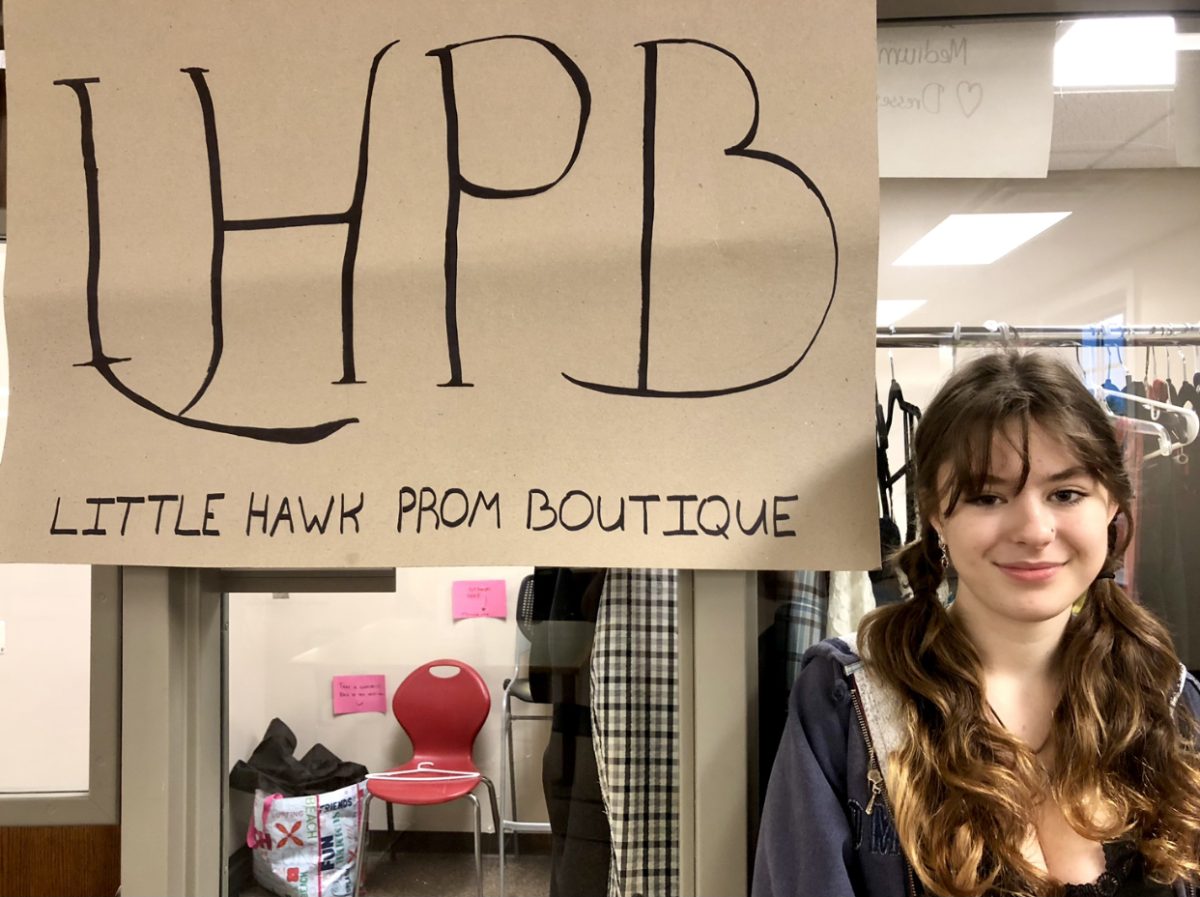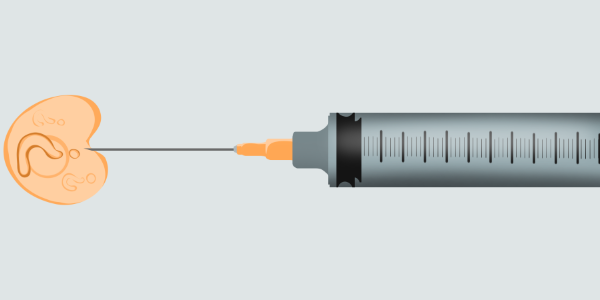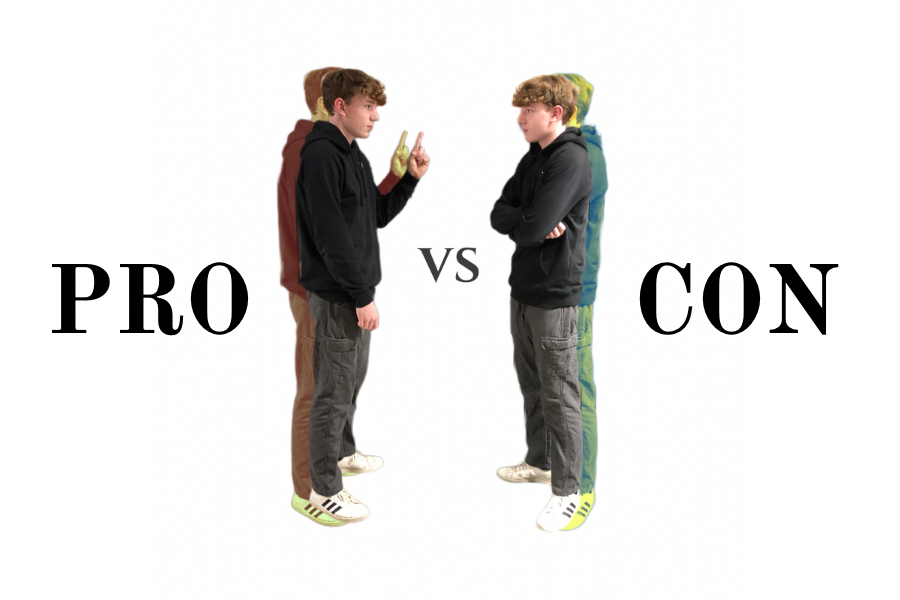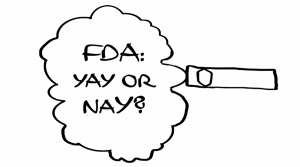December 18, 2018
On November 15, 2018, the Food and Drug Administration (FDA) announced that it would be banning the sale of sweet vape flavors at locations where minors are freely able to shop. The reported purpose behind this decision was to decrease the number of teenagers who would be drawn to these products due to their wide array of flavors and the rising popularity of vaping and JUULing in recent years. With 3.6 million, or twelve percent of middle school and high school students have used e-cigarettes, which includes JUULs and other types of vapes, this has truly become a very serious issue confronting the youth of today. This means that over one in ten students use these products all over the nation, in and out of school, including here at City High.
However, in reality, this restriction would do little to nothing to actually reduce the amount of use these products would have. The ban only extends to certain flavors being available at certain places, it doesn’t ban the sweet flavors everywhere, nor are minors completely restricted from obtaining these products, rendering the restriction toothless. Especially since the devices require someone who is 18 years old or older to buy them, it means that if a minor has access to what they are able to vape with, then they also have access to these restricted flavors. Yet another facet of this proposal that shows it wouldn’t be able to accomplish its goals while simultaneously opening the door for a myriad of negative effects.
In fact, these bans would do far more harm than good in the grand scheme of things. Though lots of teens have been drawn to JUUL and vaping products like it, that is little when compared to the number of people who use these products for their intended purposes. Vaping is meant to be an alternative to cigarettes for people who are addicted or dependent on nicotine but want to either do less harm to their lungs or use vaping as a first step in eventually quitting their use of nicotine products altogether. With this potential good, it would be extremely harmful to over-legislate JUUL and products like it. If such steps were taken too far, then it could very easily undo the good that these alternative nicotine products have done.
This is not to say, though, that the companies have been purely altruistic in their actions. Seeing that young people, whether teens or simply young adults, were drawn to their products, companies such as JUUL heavily advertised their products with young models who presented JUUL as “cool” and “part of a certain lifestyle” in order to draw in a younger customers, which is definitely not in line with the goal of breaking nicotine addiction or helping addicts not damage themselves as much physically. Another tick against them is the high amount of nicotine in JUUL and similar products. Currently, a JUUL pod is about 5 percent nicotine, which is about as much as a pack of cigarettes, which is as well actively detrimental to addicts.
It as well cannot be understated that JUULs, though not as harmful as cigarettes, can still be extremely harmful, especially for minors. As stated before, currently a JUUL pod has 5 percent nicotine, and even if they go through with reducing it to three percent, it still has a major risk of causing minors to become dependent or addicted to these products, all without the physical pain or social stigma that exist with cigarettes. It is important to always remember that JUULs are not healthy for you, they are just less harmful than cigarettes, and thus should be avoided.
But these unfortunate factors must not distract from the profound good that JUUL has done and the potential good it could do. The National Academies of Sciences, Engineering, and Medicine reported that e-cigarettes can reduce someone’s likelihood to smoke and other studies have found that they are more helpful than e-cigarettes without nicotine. And though these studies are admitted to not be absolute truths and the topic to need far more research, the early indications look promising for JUUL as a way to quit smoking.
Too harsh of regulations would restrict the ability of people to use JUUL and other similar products as a healthier alternative for their nicotine needs. But refusing to over-restrict and restrict in ways that don’t actually help the problems facing teens, like the current FDA proposal, then the lives of smokers could be helped by embracing a somewhat healthier, though by no means perfect, alternative, while allowing room for true strides to be taken in the field of reducing teen use of nicotine, instead of regulations which will do little to stop them.















































